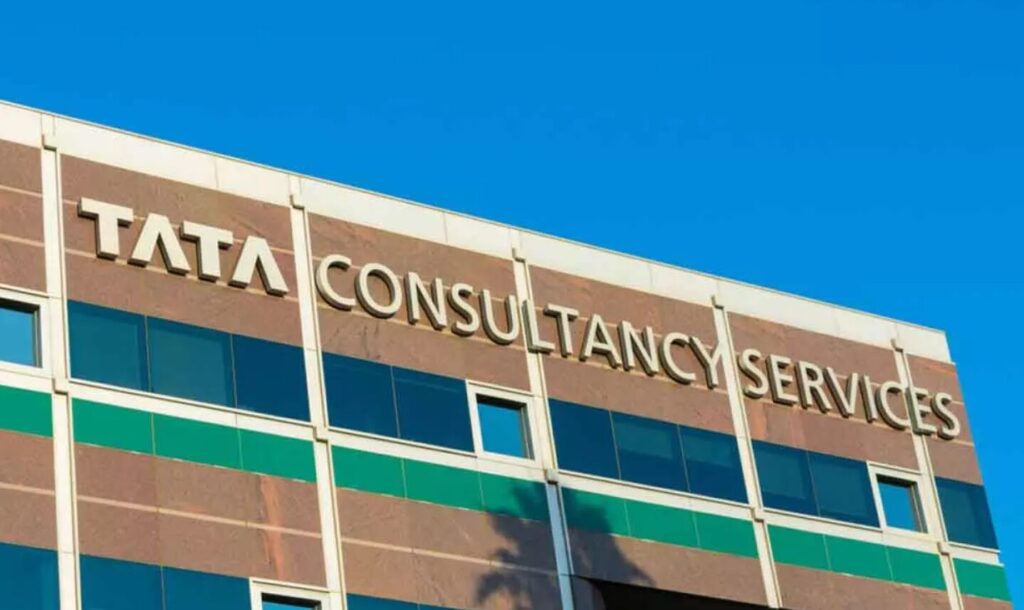Tata Consultancy Services (TCS), India’s largest software-services exporter, sees signs of recovery in its key North American market, particularly in the retail and manufacturing sectors. This optimism follows a notable upturn in banking and financial services, according to CFO Samir Seksari
Speaking to Reuters, Seksaria highlighted positive consumer sentiment driven by strong holiday season sales in the U.S. and resolved labor issues in manufacturing. “If these three verticals improve overall, we should see a good recovery,” he remarked.
While the company remains cautiously optimistic, global economic uncertainties and persistent inflation continue to challenge clients’ willingness to loosen their tech budgets.
The retail and manufacturing sectors, TCS’ second and fourth largest revenue contributors, respectively, are expected to rebound, thanks in part to record-breaking sales during Black Friday and Cyber Monday. Major players like Walmart, Amazon, Shein, and Temu reported unprecedented revenue during this period, while U.S. online spending surged nearly 9% to $241.4 billion during the holiday season.
TCS’ banking and financial services vertical also posted its best performance since June 2023, hinting at a broader recovery. Seksaria and CEO K. Krithivasan believe the incoming U.S. administration’s policies will help reduce uncertainties, encouraging clients to resume discretionary tech investments.
North America Revenue: A Key Challenge
Despite these promising signs, TCS faces challenges in North America, its largest market, where revenue has declined for five consecutive quarters. The communications and media vertical, a traditionally capital-intensive segment, has been one of the company’s laggards. However, Seksaria remains hopeful that easing interest rates could stimulate this sector.
TCS’ Mumbai-listed shares reflected this optimism, closing up 5.6% on Friday, the company’s highest single-day rise since July 2024.
One emerging trend reshaping the IT landscape is the rise of global capability centres (GCCs), as multinational corporations insource more operations through local offices in India. These centres, specializing in areas such as engineering, cybersecurity, and finance, are expected to grow to a $105 billion market by 2030.
While GCCs may initially offer cost savings, Seksaria noted that their long-term sustainability could present challenges. “Maintaining cost and delivering cost productivity in a 3-to-7-year period is where the cyclicality of opening and shutting GCCs keeps coming,” he explained.
Despite the rise of GCCs, TCS remains resilient. The company has previously countered this trend by acquiring key captive arms, including Post Bank AG’s unit in 2020 and Infosys’ acquisition of Danske Bank’s arm in 2023.
Looking Ahead: Balancing Growth and Adaptability
As TCS navigates a complex global landscape, its ability to capitalize on emerging opportunities in North America’s retail, manufacturing, and banking sectors will be crucial. The company’s strategy to adapt to shifts in client spending, coupled with its strong presence in the growing GCC market, positions it well for future growth.
With record holiday sales and an improving economic outlook, TCS is poised to strengthen its position in the competitive IT services market. However, sustained recovery will depend on global economic stability, client confidence, and the company’s agility in responding to industry trends.



